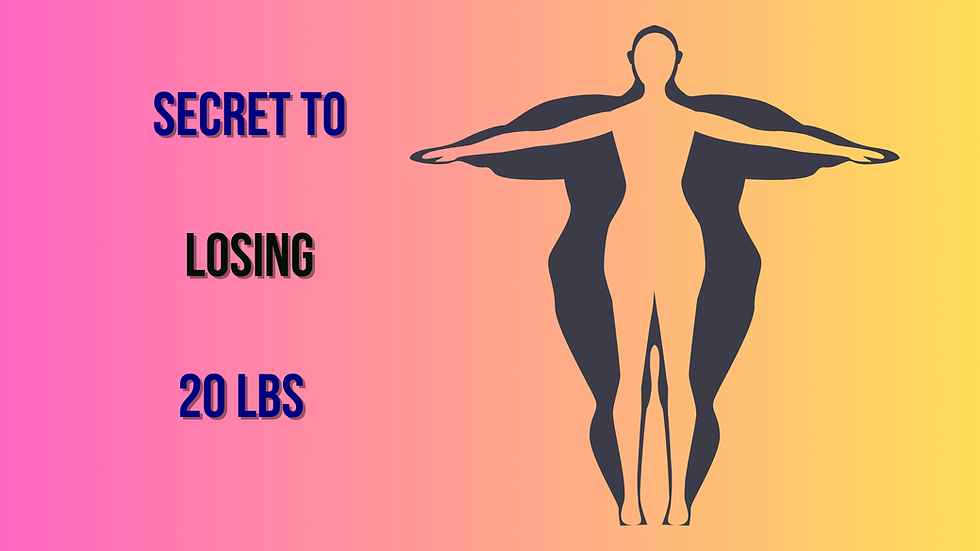Unlocking Longevity: Vibrant Living in Golden Years
- coreveinternationa

- Jul 31, 2024
- 4 min read

As we age, maintaining an active lifestyle becomes increasingly vital for both our physical and mental well-being. Staying active in our golden years does more than just keep us fit; it enhances our quality of life, promotes independence, and can even extend our lifespan. The key to longevity lies not only in engaging in regular exercise but also in finding activities that bring joy and fulfillment.
Incorporating a mix of aerobic, strength, flexibility, and balance exercises is ideal for seniors. Activities such as walking, swimming, yoga, and even gardening can help improve cardiovascular health, muscle strength, and overall mobility. Moreover, staying socially active by joining groups or participating in community events can reduce feelings of loneliness and depression, fostering a sense of belonging.
Embracing this active lifestyle provides a sense of purpose and accomplishment, ensuring that our golden years are not only endured but truly enjoyed. Remember, it's never too late to start, and every small step counts towards a healthier, more vibrant life!
Nutrition: The Foundation of Health
In addition to staying active, nutrition plays a crucial role in enhancing longevity and vibrant living. As we age, our bodies require a balanced diet to meet the changing needs of our health. Emphasising whole grains, lean proteins, healthy fats, and a variety of fruits and vegetables can support our immune system, maintain energy levels, and reduce the risk of chronic diseases. It's essential to stay hydrated as well, as our sense of thirst may diminish with age, leading to potential dehydration.
Furthermore, we should be mindful of portion sizes and strive to limit processed foods that are high in salt, sugar, and unhealthy fats. Consulting with a nutritionist can provide tailored guidance that aligns with individual health concerns and dietary preferences. By nourishing our bodies appropriately, we create a strong foundation that complements our active lifestyle, ensuring that we not only live longer but do so with vitality and joy.
Mental Well-being: Cultivating a Positive Mindset
Mental well-being is just as vital as physical health, especially as we age. Engaging in activities that stimulate the brain, such as reading, puzzles, or learning new skills, can help maintain cognitive function and keep the mind sharp. Practicing mindfulness through meditation or yoga not only reduces stress but also enhances emotional resilience. Additionally, nurturing relationships with family and friends provides essential support, enhancing mood and fostering positivity.
It's important to take time for oneself, whether through hobbies, travel, or simply enjoying nature. Finding joy in daily life can significantly impact overall mental health. Resources, such as support groups or workshops, can further aid in fostering connection and sharing experiences. By prioritising mental well-being, we create a balanced approach to aging, ensuring our golden years are filled with happiness and purpose.
Social Connections: The Importance of Community
Maintaining strong social connections is essential for our well-being as we age. Engaging with others not only combats feelings of loneliness but also fosters a sense of belonging and purpose. Participating in community events, joining clubs, or volunteering can provide ample opportunities to meet new people and strengthen existing relationships. It’s important to cultivate a diverse social network, as interactions with various individuals can expose us to new ideas, cultures, and perspectives, enriching our lives. Moreover, sharing experiences and emotions with trusted friends and family can provide emotional support and alleviate the challenges that come with aging. By prioritising social connections, we enhance our overall quality of life and create a supportive environment that encourages personal growth and fulfillment.
Staying Active: The Role of Physical Health
As we age, staying physically active becomes increasingly important for maintaining both physical and mental health. Regular exercise can enhance mobility, boost energy levels, and improve flexibility, reducing the risk of injury and chronic illnesses. Activities such as walking, swimming, or yoga can be adapted to fit individual needs, making them accessible to everyone, regardless of fitness level. Beyond the physical benefits, exercise has been shown to release endorphins, which help elevate mood and alleviate symptoms of anxiety and depression. Furthermore, incorporating physical activity into daily routines can also provide opportunities for social engagement, whether it's through group classes or casual walks with friends. By emphasizing the importance of staying active, we not only improve our longevity but also enrich our quality of life as we navigate the aging process.
Embracing Lifelong Learning
In addition to physical activity, embracing lifelong learning is essential for fostering cognitive health as we age. Engaging in new learning experiences helps keep the mind sharp and can delay the onset of cognitive decline. This can take many forms, from taking classes at local community centers, attending workshops, or even participating in online courses. Learning new skills, whether it's a language, instrument, or craft, stimulates brain activity and encourages adaptability to change. Additionally, intellectual engagement promotes social interaction, offering chances to connect with others who share similar interests. By prioritizing educational pursuits, we not only challenge ourselves but also enrich our lives with knowledge and creativity, contributing to a sense of purpose and accomplishment.
Conclusion
In conclusion, the key to longevity and vibrant living in our golden years lies in a holistic approach that encompasses physical activity, lifelong learning, and social engagement. By prioritising regular exercise, we not only enhance our physical health but also uplift our mental well-being. Incorporating continuous learning into our routines keeps our minds active and agile, while fostering connections with others adds meaning and joy to our lives. Ultimately, by embracing these components, we can navigate aging with grace and vitality, ensuring that our later years are not just lived, but truly thrived.



Comments